This issue we are happy to present Kathryn Simmonds, a poet and short story writer whose debut collection of poetry Sunday at the Skin Launderette was published to great critical acclaim and won the Forward Prize for Best First Collection.
Her idiosyncratic poetry is accessible and lucid without compromising on complexity and beauty. We thoroughly recommend you get hold of the book and keep an eye on what she does next. The Literateur expects great things from this new voice…
You have recently received a great deal of critical recognition. How has this affected your career as a writer?
I think when you spend a long time working on a book, the idea of it having a life in the world is fairly unimaginable, so it was a nice surprise when the poems found an audience. The fact that people seemed to like the collection is obviously a confidence boost, but there is still the problem of the next white page and the page after that, so in that respect it’s business as usual.
Much has been made about how unusually optimistic your poetry is. Jackie Kay has mentioned the ‘joy’ in your poetry, Stephen Knight has written of ‘the ebullience and optimism’. Yet I felt when reading your poems that they perhaps overstate the case. Do you feel there is an over-riding sense of happiness in your work?
It’s interesting that some reviewers picked up the optimism in the book because many of the poems were written during a particularly bleak period, so perhaps my efforts to transform the dross of despair have worked. I think anyone who writes poetry enjoys a good wallow, I mean, if you were feeling insanely chipper all the time, why waste time writing about it? There’s a poem in the book called ‘Against Melancholy’ which is about the ongoing struggle to resist melancholia,and this became a theme; in the end I want to engage with the world, find the bits and pieces that are sustaining, and I’m on the side of Wallace Stevens who said (in his delightfully sexist way) “A poet looks at the world the way a man looks at a woman.”
Many of the poems in Sunday at the Skin Launderette are formally structured. Do you set out to write, say, a poem in tercets on a given theme when you write or is structure something that you shape later?
I’ve found there’s something necessarily organic about the process of writing poetry when content and form develop together, so I try to listen to what the poem wants to be rather than forcing it into a particular shape. Sometimes this takes a great deal of patience because the process is as much about waiting and listening as it is about writing. The title poem is a case in point, it remained lines in a notebook for a long time and although I’d jiggle the lines around from time to time, I couldn’t work out how to write the poem. Then one day I realised something about the repetitive quality of the lines suggested a sestina and (after much gnashing of teeth) the poem came together.
You have published a number of short stories in magazines and have written a radio play for Radio 4. Do you consider yourself a poet first and foremost?
I’d hesitate to call myself a poet, that’s a title that has to be earned over many years, but in some loose fashion I’m a writer and I write whatever appeals. Writing poems alone might very well send me a bit bonkers, so I work best when there are various pieces of writing to turn to. I enjoy narrative and character, and I think there’s an interesting connection between short stories and poems, something about the limited space and the fact that stories, like poems, don’t always seek to explain themselves. I probably enjoy reading poetry over anything else and in that sense it’s my abiding passion.
Could you tell us of two poets you admire, one from the past and one from the present?
I love George Herbert. His only subject was his relationship with God, but he is never pious or sentimental, instead he presents all the sorrows and joys of his faith with a complete lack of self regard and in poems such as ‘The Pulley’ or ‘The Flower’ you can experience that struggle. He was also a superb versifier. Sometimes I think Herbert’s great subject is missing from contemporary writing, perhaps because poets don’t know how to approach it in an increasingly secular age, and I think that’s a pity because it is such a rich subject and one that seems uniquely suited to poetry.
There are so many excellent contemporary poets, it’s difficult to settle on one. But in contrast to Herbert I might pick Selima Hill, I admire her inventiveness and sense of fun.
What works can we expect from you in the near future?
That’s tricky, I wish I could tell you but I don’t know myself. I’ve been working on more ideas for stories so perhaps one or two may bear fruit.
Any burning ambitions?
I’d love to stand on stage in a West End theatre and belt out a tune from one of the big musicals, but unfortunately I can’t sing so I guess that won’t be happening. Other than that I’d like to try and write a decent stage play one day.
--
The Literateur, 28 April 2009






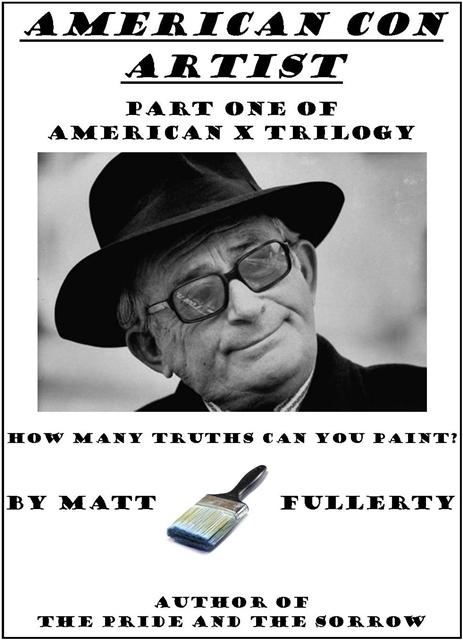cropped.jpg)
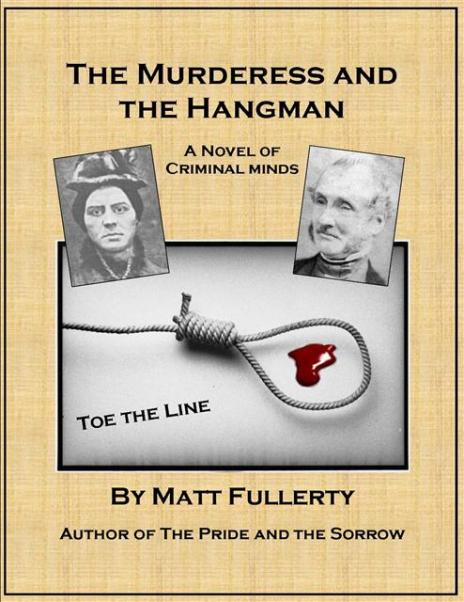.jpg)
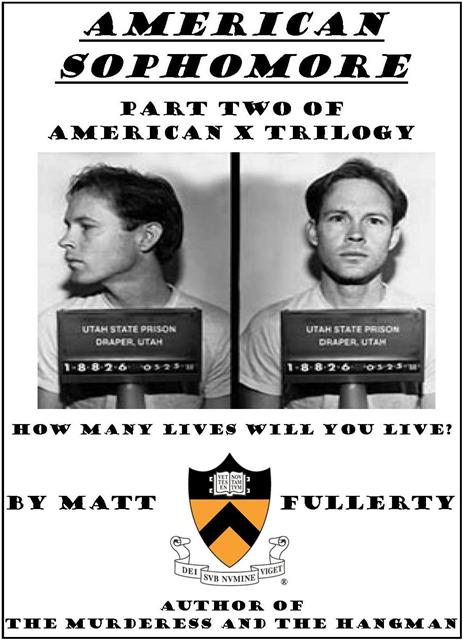cropped.jpg)
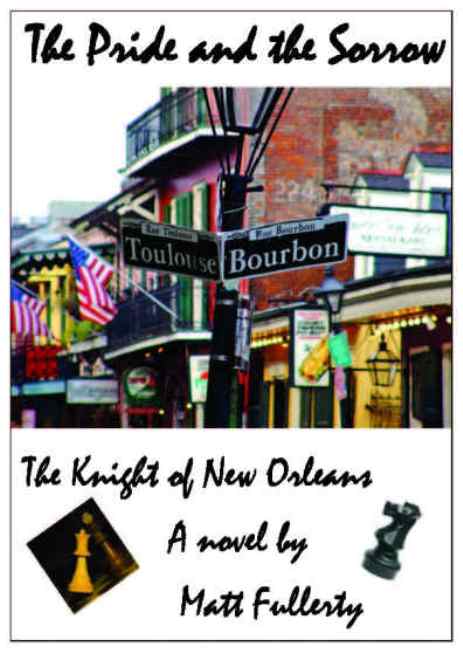2.jpg)
Cropped.jpg)
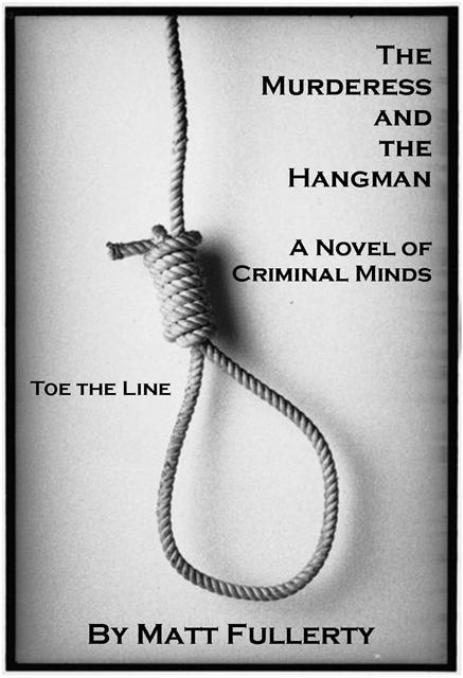cropped.jpg)
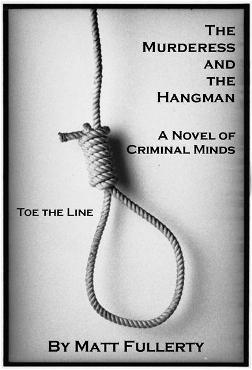4.jpg)






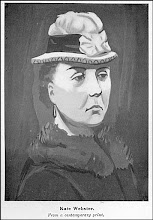
















No comments:
Post a Comment